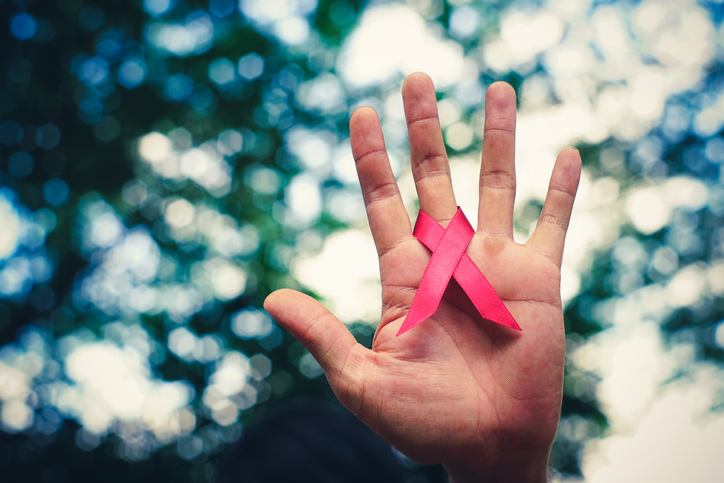Mother-To-Child HIV Transmission Eliminated in Thailand
One of the biggest concerns in the world is the spread of HIV. This happens through unprotected sex, sharing needles, and more. Actions like these leave adults at risk. Unfortunately, the spread of HIV doesn’t stop with there. HIV transmission can happen during pregnancy, birth, or breastfeeding as well, causing an unborn child or infant to contract the disease. The World Health Organization (WHO) has made efforts to stop mother-to-child HIV transmission, and it has worked for Thailand.
Mother-To-Child HIV Transmission
Parents and soon to be mothers with HIV need to be aware that pregnancy, birth, and breastfeeding is the most common to spread the disease to your child. The CDC states these three facts:
- Approximately 8,500 women living with HIV give birth annually.
- Most (73%) of the estimated 174 children in the United States who were diagnosed with HIV in 2014 got HIV through perinatal transmission.
- Most (88%) of the estimated 104 children in the United States diagnosed with AIDS in 2014 got HIV through perinatal transmission.
In order to protect your child, it is important to be tested once you discover that you are pregnant. The risk of HIV significantly decreases to around 1 percent if HIV medicines are taken within the first 4-6 weeks.
How Thailand Has Eliminated This Transmission
Around the mid-1990’s, the rate of mother-to-infant HIV transmissions in Thailand was 20-40 percent. Using WHO’s recommended strategy, the government has successfully reduced transmissions to 1.9 percent. This strategy focuses on four areas of prevention and care:
- The prevention of HIV in women of childbearing age
- Stopping unintended pregnancies in women living with HIV
- The prevention of HIV transmission from an HIV-infected woman to her infant
- Provision of appropriate treatment, care, and support to women and children living with HIV
Thanks to the government’s initiative, they followed this strategy through the promotion of condoms, the distribution of HIV risk materials, and other efforts. Soon, more government money flowed into Thailand’s HIV/AIDS programs because of their successful efforts. Women have since had more access to HIV testing and antiretroviral therapy.
Awareness and determination like this spell a bright future for stopping HIV in its tracks.

